

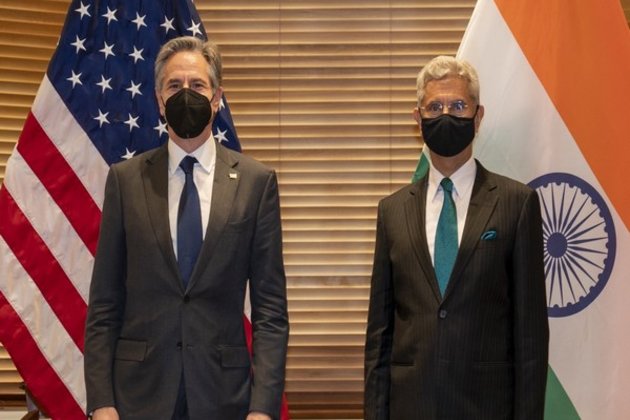
External Affairs Minister S. Jaishankar addressed the Parliament regarding the deportation of over 100 Indian nationals from the US, assuring that the government is actively engaging with the US to ensure the deportees are not mistreated. He also emphasized the need for cracking down on the illegal immigration industry and taking necessary action against agents based on information provided by the deportees.
Deportation of Indian Nationals from the US: A Glimpse into the Issue
The recent deportation of over 100 Indian nationals from the United States has drawn attention to the issue of illegal immigration and the challenges faced by Indian citizens abroad. External Affairs Minister S. Jaishankar has assured the Parliament that the government is actively engaging with the US to ensure that the deportees are not mistreated.
Background
Illegal immigration has been a prevalent issue in the US for decades, with a significant number of Indians attempting to enter the country illegally in search of better economic opportunities. However, the Trump administration has taken a more stringent stance on immigration, cracking down on undocumented immigrants and increasing deportations.
Recent Deportations
In recent months, the US has deported over 100 Indian nationals, including students, H-1B visa holders, and asylum seekers. Many of these individuals claim to have been mistreated by US authorities, including being held in detention centers for extended periods and being denied access to legal counsel.
Government Response
The Indian government has expressed concern regarding the treatment of Indian nationals deported from the US. External Affairs Minister S. Jaishankar has stated that the government is actively engaging with the US authorities to ensure that the deportees are treated fairly and their rights are respected. He has also emphasized the need for cracking down on the illegal immigration industry and taking necessary action against agents who facilitate illegal entry.
Top 5 FAQs and Answers
1. What are the reasons for the deportations?
The US has deported Indian nationals for various reasons, including visa overstays, fraudulent visa applications, and criminal offenses.
2. How are the deportees being treated?
Many deportees have reported being mistreated by US authorities, including being held in detention centers for extended periods and being denied access to legal counsel. The Indian government is working to ensure that the deportees are treated fairly.
3. What is the government doing to address the issue?
The Indian government is engaging with the US authorities to address concerns regarding the treatment of deportees. The government is also working to crackdown on the illegal immigration industry and take action against fraudulent agents.
4. What can Indian nationals do if they are facing deportation?
Indian nationals facing deportation should contact the Indian embassy or consulate nearest to them for assistance. The embassy or consulate can provide legal advice and support.
5. What are the long-term implications of the deportations?
The deportations could have long-term implications for India-US relations and the movement of Indian professionals between the two countries. The Indian government is working to mitigate the impact of the deportations and ensure that the rights of Indian nationals are protected.
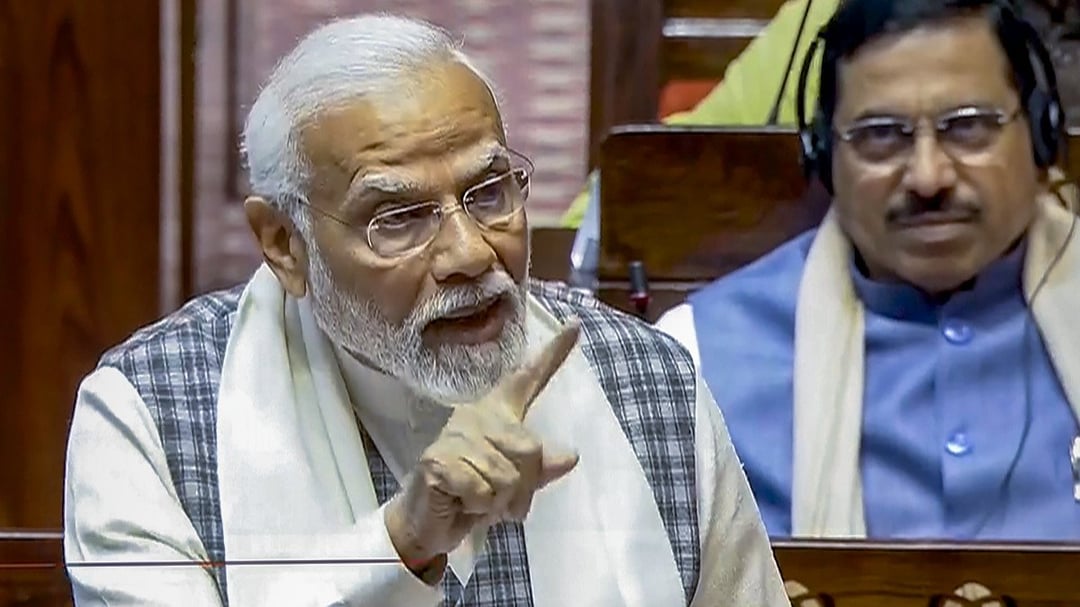
In his address to the Rajya Sabha, Prime Minister Narendra Modi criticized the Congress party for their "family first" approach and "appeasement policy". He stated that expecting "Sabka Saath, Sabka Vikas" from Congress would be a mistake as the party is solely dedicated to one family. PM Modi further highlighted how the Congress has historically marginalized Dr. Baba Saheb Ambedkar and his contributions, but now are forced to raise slogans of "Jai Bheem" due to electoral compulsion. He also mentioned his government's efforts towards inclusive governance and providing constitutional status to the OBC panel, a long-standing demand by OBC MPs from all parties.
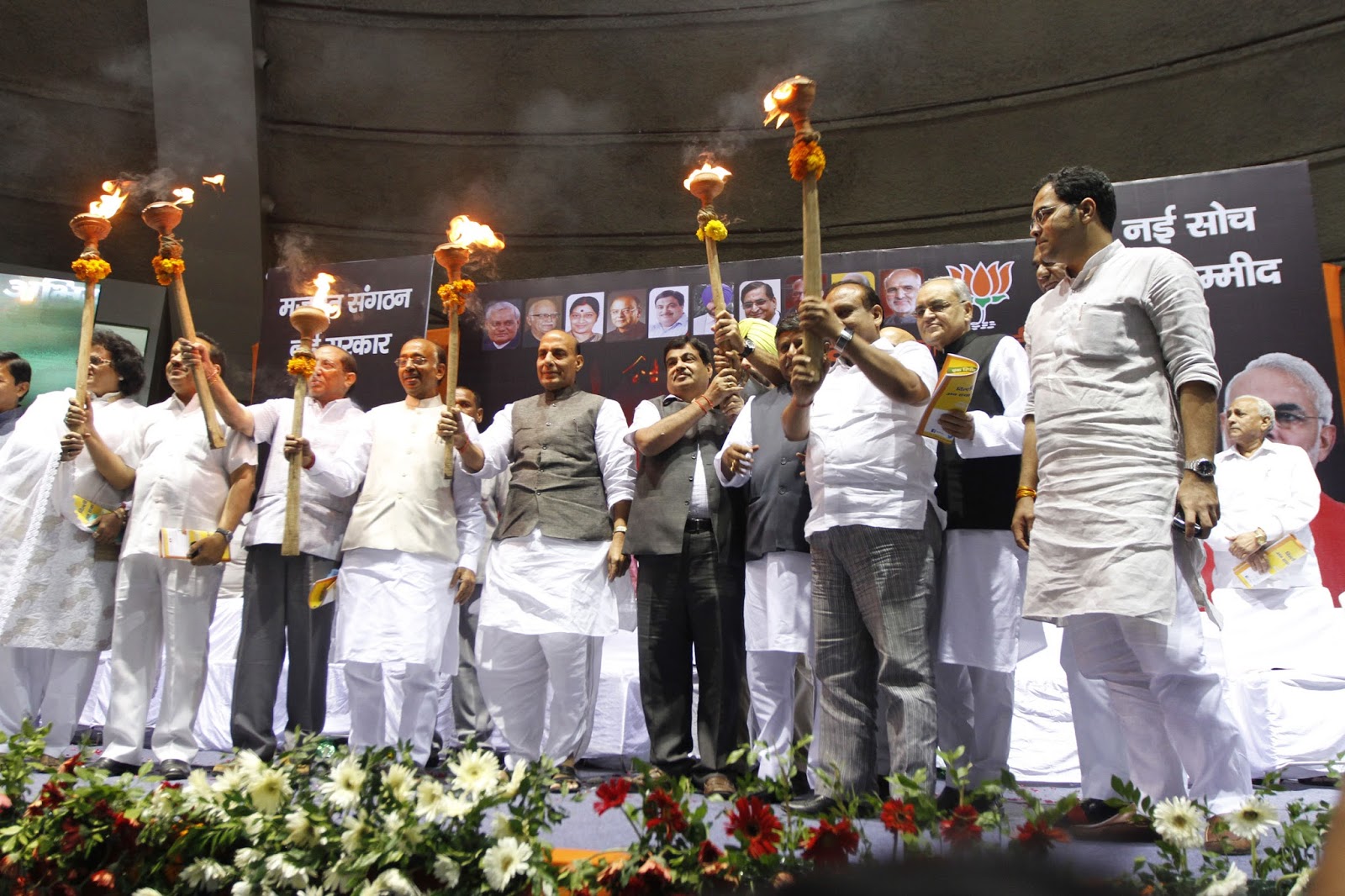
Exit polls indicate a potential major return for BJP after 27 years of opposition rule as voter turnout reaches 57.70%. Special polling stations were set up for senior citizens and people with disabilities and a QMS app was introduced to streamline the voting process. The results are highly anticipated to mark a significant shift in Delhi’s political scene.
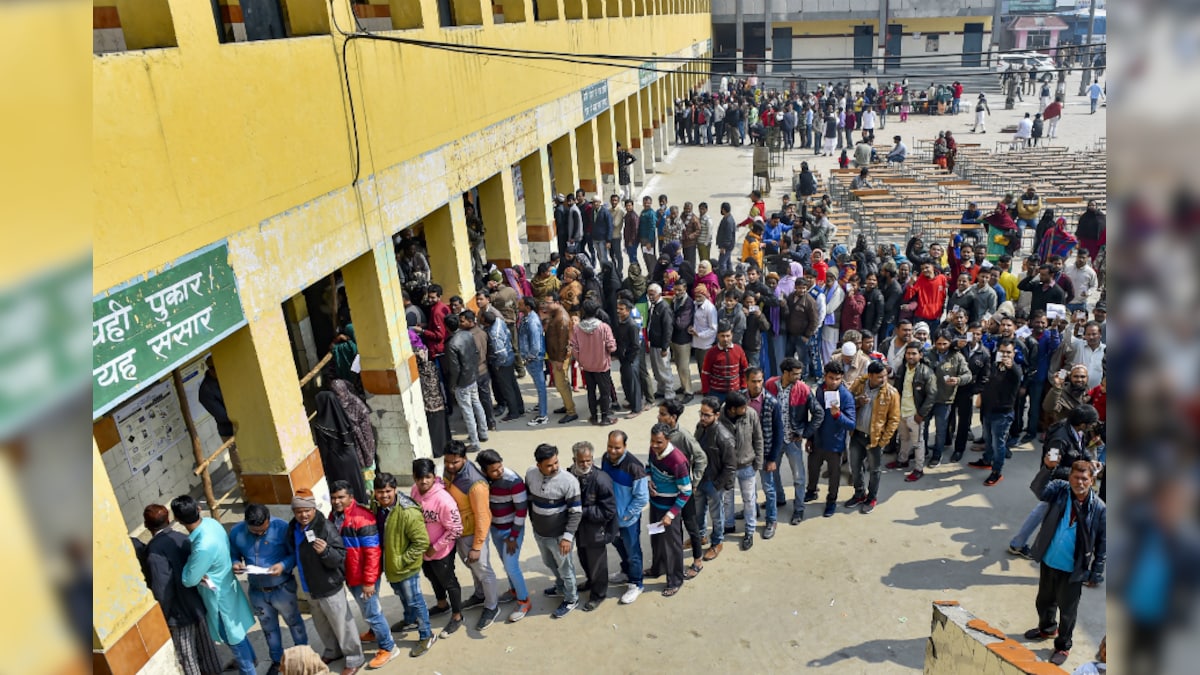
In a surprising turn of events, Delhi saw its lowest voter turnout since 2008 during the recent assembly elections, with only 60.4% of eligible voters casting their votes. The Election Commission of India (ECI) reported that this year's turnout is significantly lower than previous years, with the North East district recording the highest turnout at 66.25% and South East district recording the lowest at 56.31%. The ECI has reassured that these figures are provisional and will be updated soon, with 699 candidates competing in the elections and results to be announced on February 8.
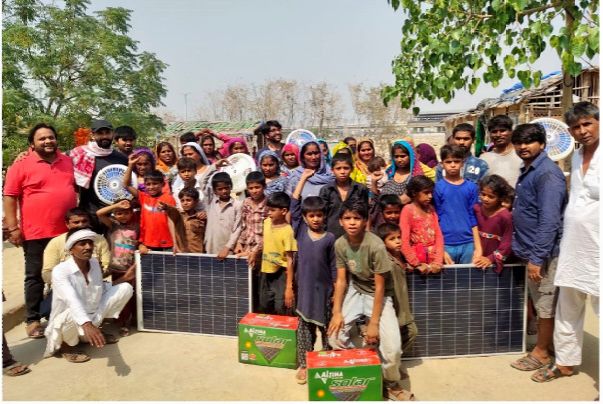
In a historic moment for democracy, hundreds of Pakistani Hindu refugees in Delhi exercised their right to vote in the Assembly elections for the first time. After years of living in uncertainty and statelessness, these refugees, who were granted Indian citizenship under the Citizenship (Amendment) Act, finally had a voice in shaping the future of their adopted homeland. This powerful moment stands as a symbol of their journey and struggle, and brings hope for a better future for the community as they participate in the democratic process.
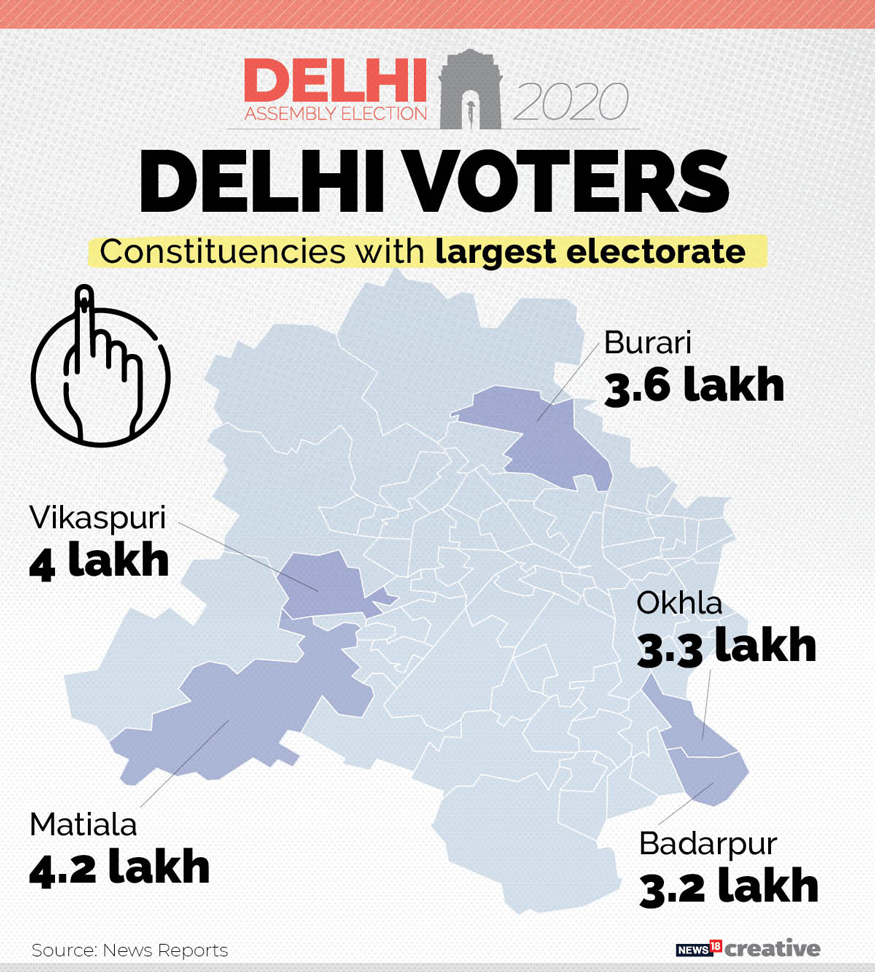
With polling underway in Delhi's 70 assembly constituencies, the Election Commission has reported a voter turnout of 46.55% as of 3 pm. The Northeast district recorded the highest turnout at 52.73% while the New Delhi district saw the lowest at 43.10%. This crucial election will decide the fate of 699 candidates and has drawn high-profile voters such as President Droupadi Murmu, Vice-President Jagdeep Dhankhar, and Delhi Chief Minister Arvind Kejriwal. Stay updated with the latest political news and stock market updates on Zee Business.
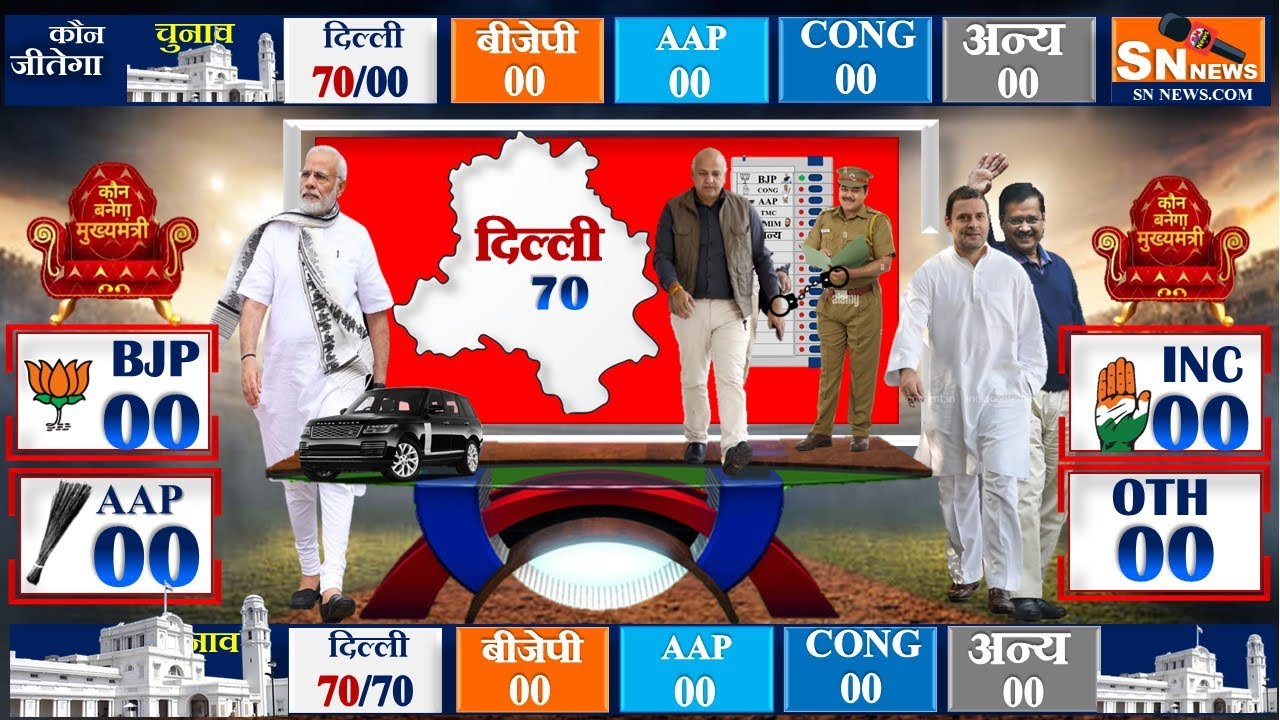
As Delhi goes to polls with a voter turnout of 46.55% till 3 pm, chaos erupts in several constituencies due to allegations of fraudulent voting. Key candidates from major parties face tough competition as the AAP aims for a third consecutive term, while the BJP and Congress strive for a comeback. The pre-poll discourse was marked by fierce campaigning and aggressive name-calling, with issues ranging from welfare schemes to corruption and water quality. In the midst of this, the DCP of South East Delhi dismisses allegations of voter bribery in Sarai Kale Khan.

With Delhi's Assembly elections just around the corner, the BJP has brought attention to a report by JNU professors on the alleged negative impacts of Rohingya and Bangladeshi infiltrators on the city's infrastructure. The research reveals a demographic shift in areas such as Seelampur, Jamia Nagar, and Zakir Nagar. BJP spokesperson Sambit Patra claims that these infiltrators have taken over jobs from Indian workers, with the support of AAP and Congress. The issue of fake voter identities and criminal connections is also addressed in the report.
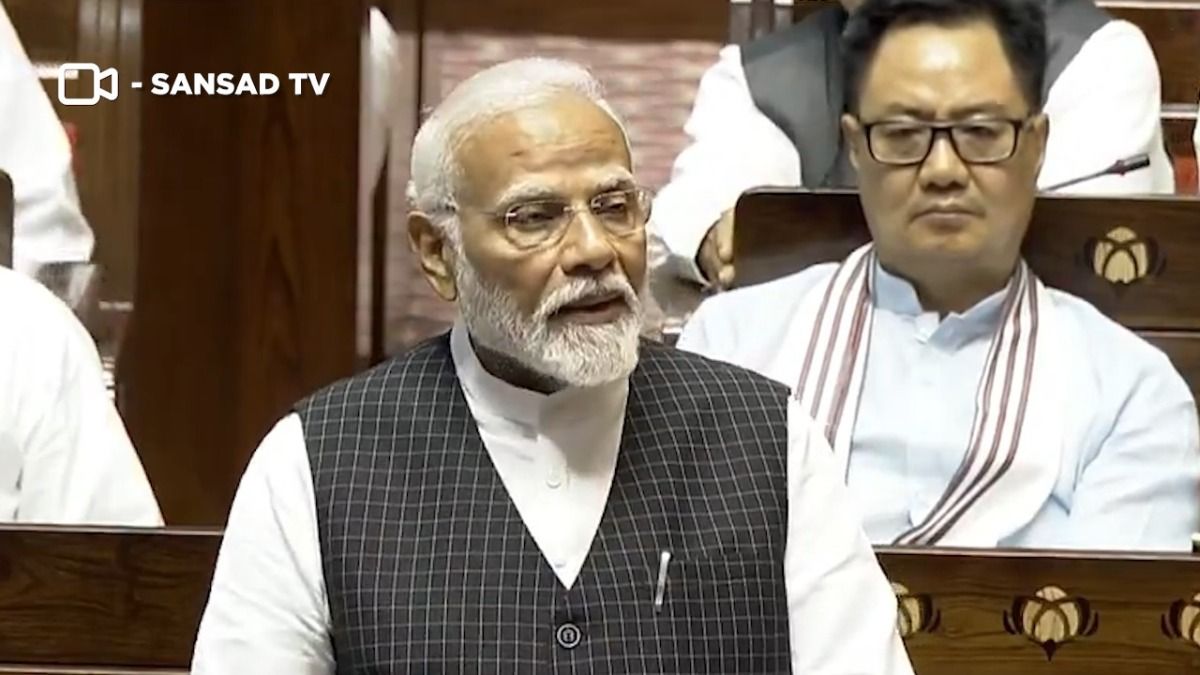
In a fiery Lok Sabha speech, Prime Minister Narendra Modi responded to criticism from the opposition by highlighting his government's achievements in real development for the people. He also took a dig at Leader of Opposition Rahul Gandhi and AAP convenor Arvind Kejriwal for prioritizing photo opportunities over the needs of the poor. Modi emphasized that the President's address further strengthened the government's commitment to a developed India.

Director of Public Prosecutions Roger Gaspard is still waiting for updates from the police regarding their investigation into Commissioner of Police Erla Harewood-Christopher. Sources have revealed that Gaspard has requested certain information from the National Security Council in relation to the case. Harewood-Christopher's attorney Pamela Elder SC maintains that there is no evidence against her client. However, Gaspard has not received any updates from the police since Saturday.